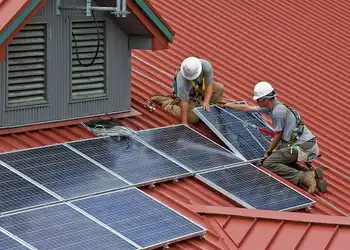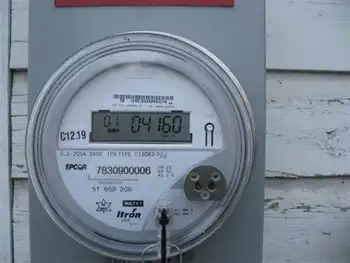Egyptians protest power outages
CAIRO, EGYPT - Crowds of Egyptians angered by daily power outages at the height of a scorching summer blocked a major highway south of Cairo with barricades of burning tires.
The electricity cuts affected Egyptians from the Nile Delta in the north to the ancient temple city of Luxor in the south during a month of daytime fasting for Muslims. The outages also focused anger toward the government, which has already come under fire this year for inflation and shortages of cooking gas and bread.
It took authorities an hour to disperse the protesters, who had shut down a section of the main highway connecting Egypt's north and south in the oasis province of Fayoum, a security official said. He spoke on condition of anonymity because he was not authorized to speak to the media.
The electricity cuts began in early August and are especially punishing for Egyptian Muslims left without air conditioning while fasting during daylight hours for the holy month of Ramadan — including abstaining from water — as temperatures top 100 degrees 38 Celsius.
The protesters said local authorities simply refused to help them.
"The officials told us, 'Go do whatever you can,'" protester Mustafa Hassan was quoted as saying by the online edition of Al-Masry Al-Youm newspaper.
President Hosni Mubarak's government, which is routinely accused of failing to provide basic services, said it is trying to boost the supply, including by increasing output at the Aswan High Dam's hydroelectric plant.
Mubarak, who often boasts in speeches that Egyptian power generation is a top accomplishment of his nearly three decades in power, met with the oil and electricity ministers to discuss the outages.
The government said it was not to blame, accusing the country's people of excessive electricity use and even chasing after shop owners to unplug lights and other Ramadan decorations that the electricity minister called wasteful.
Blaming the people is "a way to justify government failure," commentator Osama Heikal wrote in Al-Masry Al-Youm.
"The government rhetoric lacked an apology to the people who are paying high electricity bills every month," Heikal wrote. "It also lacked any recognition of the ministry failure to provide a basic service to the citizens."
In parts of the Delta, power is out for three hours a day, and cuts have hit Red Sea resort areas, the paper reported.
Local authorities in the Western Desert province of Wadi Gadid had to resort to diesel generators to power vital institutions like hospitals and water and sewage treatment stations.
In the large industrial area of Shubra el-Kheima on Cairo's outskirts, residents signed petitions calling for the minister of electricity to resign.
The head of the Egyptian Electricity Holding Company, Mohammed Awad, defended the cuts as necessary to protect the national grid and urged citizens to reduce electricity consumption especially during peak evening hours.
Related News

Kaspersky Lab Discovers Russian Hacker Infrastructure
NEW YORK - A hacker collective known for attacking industrial companies around the world have had some of their infrastructure identified by Russian security specialists.
Kaspersky Lab said that it has discovered a number of servers compromised by the group, belonging to different organisations based in Russia, the US, and Turkey, as well as European countries.
The Russian-speaking hackers, known as Crouching Yeti or Energetic Bear, mostly focus on energy facilities, for the main purpose of stealing valuable data from victim systems.
Hacked servers
Crouching Yeti is described as an advanced persistent threat (APT) group that Kaspersky Lab has been tracking since 2010.
#google#
Kaspersky Lab said that…




